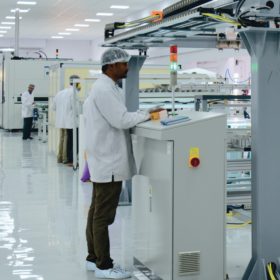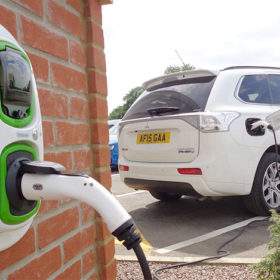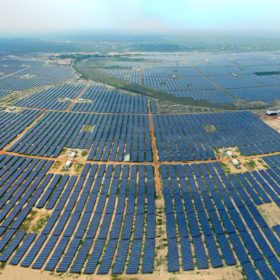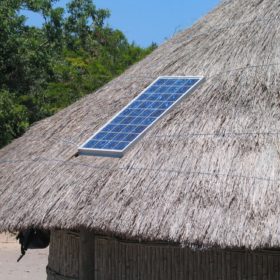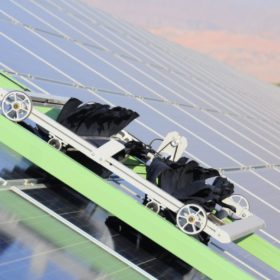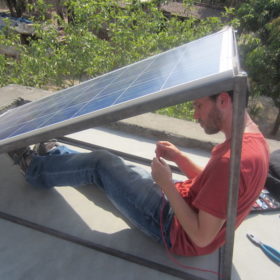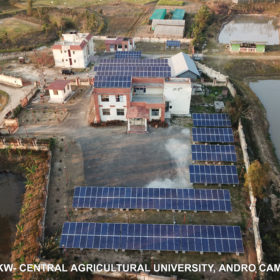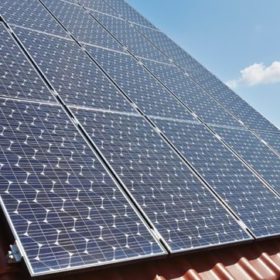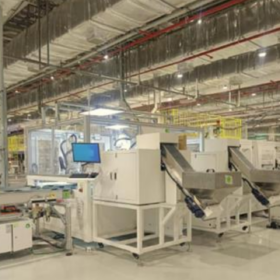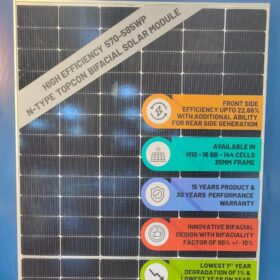Troubled manufacturing-linked solar tender now reportedly oversubscribed
A new series of tweaks by the Solar Energy Corporation of India appear to have paid off, as the organization’s ambitious manufacturing-linked 7 GW solar tender has reportedly ended up oversubscribed by 1 GW.
Magenta partners real estate developer Lodha Group on EV charger installation
Under the partnership, Magenta will install its electric vehicle charging solution ChargeGrid Pro at Lodha Group’s real estate projects in Mumbai, delivering installation to charging support, round-the-clock service, and maintenance support.
Tamil Nadu: Solar developers get relief as APTEL quashes power regulator’s unviable tariff order
The Appellate Tribunal for Electricity (APTEL) observed that Tamil Nadu Electricity Regulatory Commission (TNERC), in its Solar Tariff Order dated March 28, 2016, determined the tariff/capital cost without cogent or adequate reasoning while also being divergent from its own regulations.
Pay-as-you-go solar provider Greenlight Planet partners telco Orange in Africa
The partnership allows Orange subscribers to access Greenlight Planet’s off-grid solar systems via simple mobile pre-payment, wherever they are and regardless of their total energy needs.
Ecoppia to deploy cloud-based robotic cleaners for over 400 MWp Fortum solar projects
The Israeli developer of module cleaning robots—which has secured over 7 GW of projects globally—will deploy its connected and water-free E4 solution for Fortum projects in Pavagada and Bhadla solar parks.
Andhra Pradesh proposal casts doubt on India’s renewable sector: Rystad Energy
India may fall around 7 GW short of its ‘60 GW by 2022’ utility-scale solar target if the power purchase agreement revision proposal by the state government is implemented.
Solar Village Project aims to raise $15,000 for 3 schools through crowdfunding
The US-based non-profit organization will use the amount to install solar panels in three schools of Maharashtra and also fund 300 solar lights for the students. Its partner in these projects, Think Sharp Foundation, will also use the power generated for digital learning tools and libraries.
UNDP tenders 91.5 KWp off-grid solar in Assam and Jharkhand
Prospective developers have until November 18 to submit bids for standalone PV systems, with inverter and lead-acid batteries, at various government high schools, health sub-centres and Anganwadi Centres.
Gujarat seeks to empanel rooftop solar installers for government buildings
November 28 is the last date for EPC installers to submit the rates for different capacities of grid-connected rooftop solar systems on government buildings.
Abu Dhabi’s Masdar invests $150 milion in Hero Future Energies
The clean tech company will use the amount to fund its expansion as it plans to reach 5 GW of solar capacity in the next two or three years.

